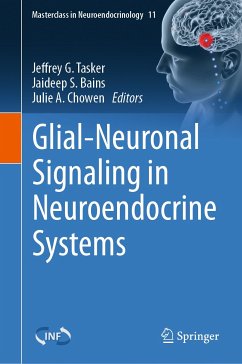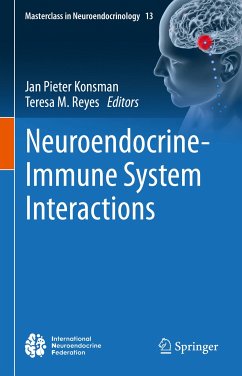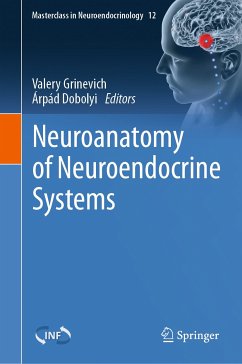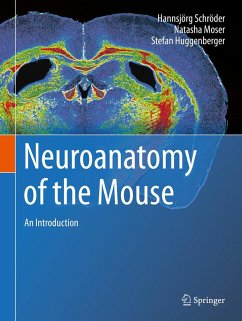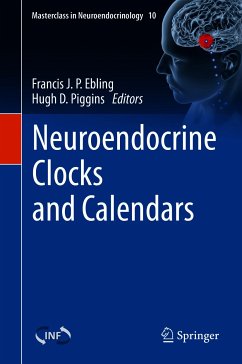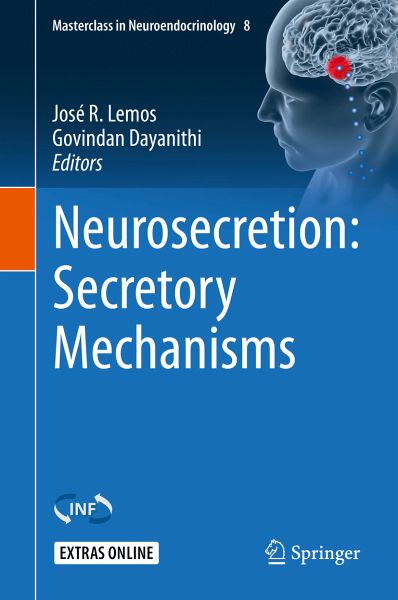
Neurosecretion: Secretory Mechanisms (eBook, PDF)
Versandkostenfrei!
Sofort per Download lieferbar
72,95 €
inkl. MwSt.
Weitere Ausgaben:

PAYBACK Punkte
36 °P sammeln!
How do electrical activity and calcium signals in neurons influence the secretion of peptide hormones? This volume presents the current state of knowledge regarding the electrical, calcium signaling and synaptic properties of neuroendocrine systems from both vertebrate and invertebrate systems. The contributions span in vivo and in vitro studies that address: state-dependent plasticity, relevance of firing patterns, membrane properties, calcium flux (including dynamic imaging and homeostasis), and molecular mechanisms of exocytosis, including from non-neuronal secretory cells. The chapters foc...
How do electrical activity and calcium signals in neurons influence the secretion of peptide hormones? This volume presents the current state of knowledge regarding the electrical, calcium signaling and synaptic properties of neuroendocrine systems from both vertebrate and invertebrate systems. The contributions span in vivo and in vitro studies that address: state-dependent plasticity, relevance of firing patterns, membrane properties, calcium flux (including dynamic imaging and homeostasis), and molecular mechanisms of exocytosis, including from non-neuronal secretory cells. The chapters focus not only on research results but also on how experiments are conducted using state-of-the-art techniques, and how the resulting data are interpreted.
While there are many books on the secretory properties of neurons, this is the first to focus on the distinctive secretory properties of neuroendocrine neurons. Accordingly, it offers an important text for undergraduate and graduate neuroscience students, and will also appeal to established scientists and postdoctoral fellows.
This is the eighth volume in the Masterclass in Neuroendocrinology series* - now a co-publication between Springer Nature and the INF (International Neuroendocrine Federation).
*Volumes 1-7 published by Wiley
While there are many books on the secretory properties of neurons, this is the first to focus on the distinctive secretory properties of neuroendocrine neurons. Accordingly, it offers an important text for undergraduate and graduate neuroscience students, and will also appeal to established scientists and postdoctoral fellows.
This is the eighth volume in the Masterclass in Neuroendocrinology series* - now a co-publication between Springer Nature and the INF (International Neuroendocrine Federation).
*Volumes 1-7 published by Wiley
Dieser Download kann aus rechtlichen Gründen nur mit Rechnungsadresse in A, B, BG, CY, CZ, D, DK, EW, E, FIN, F, GR, HR, H, IRL, I, LT, L, LR, M, NL, PL, P, R, S, SLO, SK ausgeliefert werden.



